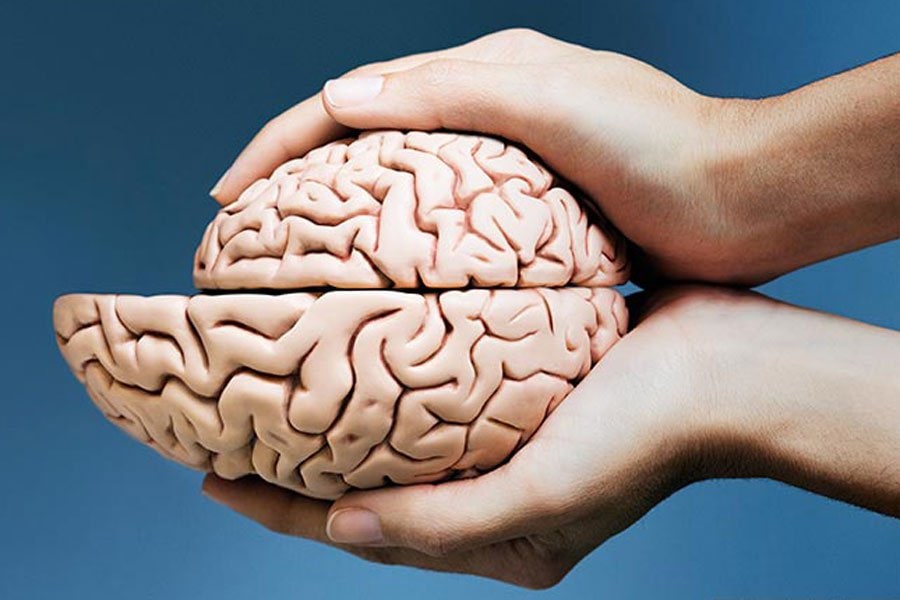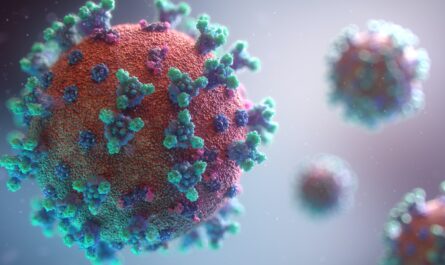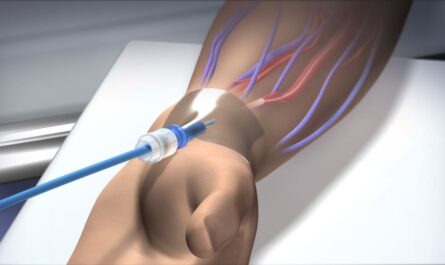In a groundbreaking study, researchers have discovered cellular evidence of accelerated aging in the brains and blood of individuals with a history of excessive drinking. The findings, published in Alcohol: Clinical and Experimental Research, highlight the changes in genetic regions that indicate increased biological age among those with alcohol use disorder (AUD). This discovery may provide insight into why AUD is associated with premature death and neurodegenerative diseases.
The study involved the analysis of DNA extracted from the brains of 144 deceased individuals with AUD, as well as blood samples from 200 men, both with and without AUD. The researchers evaluated specific markers of biological age, including telomere length, epigenetic clocks, and mitochondrial DNA counts. Epigenetic clocks, which are machine learning-based algorithms, were used to identify the deterioration of biological functions, indicating the process of biological aging.
Results revealed that individuals with AUD exhibited signs of increased biological age in the BA9 region of the brain, which is involved in executive control and working memory. The associated epigenetic clock focused on capturing changes resulting from environmental and disease processes, suggesting heightened inflammation in the brains of individuals with AUD.
Furthermore, blood samples from those with AUD displayed increased biological age as measured by epigenetic clocks. Across all subsets, most markers of biological age exhibited small to medium statistically significant correlations with chronological age in both the blood and brain samples. Shorter telomere length and DNA methylation telomere length were indicative of a more advanced chronological age.
This study is the first to examine blood and brain samples simultaneously using multiple measures of biological aging in individuals with AUD. Because AUD is considered a disorder of the brain, the researchers specifically analyzed tissue from three brain regions associated with addiction processes.
The BA9 region, located in the frontal cortex, is responsible for working memory and executive control. The ventral striatum is associated with the rewarding effects of drugs, and the caudate nucleus plays a role in habit formation. Previous research has already shown evidence of increased biological age in blood samples from individuals with AUD.
To gain a deeper understanding of the mechanisms behind accelerated biological aging in AUD, follow-up studies with larger and more diverse samples are needed. Ideally, these studies would include blood and brain samples from the same individuals, along with detailed information regarding alcohol intake, AUD-related symptoms, and age at onset. By unraveling the complexities of this process, researchers may ultimately be able to develop targeted interventions to mitigate the effects of alcohol-related premature aging.
*Note:
1. Source: Coherent Market Insights, Public sources, Desk research
2. We have leveraged AI tools to mine information and compile it



